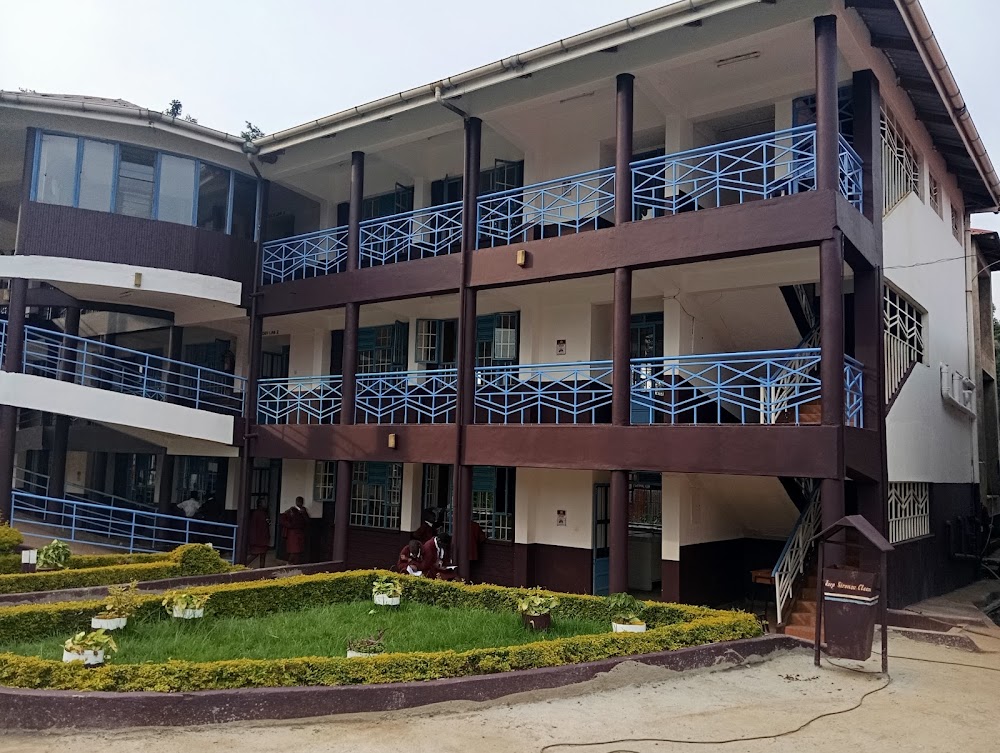Lake Muhazi (Ikiyaga cya Muhazi)
Overview
Lake Muhazi is a stunning, serpentine lake located in the Eastern Province of Rwanda, near the vibrant town of Rwamagana. Stretching approximately 60 kilometers in length and averaging just 5 kilometers in width, this picturesque body of water serves as an ideal retreat for those seeking tranquility in Central Africa.
A Natural Wonder
What makes Lake Muhazi truly special is not only its breathtaking beauty but also its fascinating origins. Formed millions of years ago through tectonic activities that created a natural depression, the lake gradually filled with water from rivers and natural springs. This harmonious blend of nature and geological phenomena has resulted in a unique ecosystem that is both captivating and vital to the region.
Transformative Projects
In the 1990s, Lake Muhazi underwent significant revitalization efforts led by the Rwandan government and various environmental agencies. One of the most crucial initiatives involved constructing a dam to regulate water levels, prevent flooding, and support agricultural activities in the surrounding areas. Strategically located near the lake’s mouth, the dam features multiple gates for precise water flow control, constructed with local materials like stones and concrete to ensure durability while blending seamlessly with the natural landscape.
Agricultural Abundance
Surrounding the lake are lush farmlands where locals cultivate crops such as maize, bananas, and beans. Thanks to a simple yet effective irrigation system linked to the lake, farmers can ensure consistent water distribution, reducing reliance on seasonal rains and enhancing crop yields. This agricultural abundance not only supports the local economy but also fosters a sense of community among residents.
Biodiversity and Wildlife
The biodiversity around Lake Muhazi is rich and varied, with the waters teeming with fish species like tilapia and catfish that are integral to the local diet. Fishermen can often be seen in their traditional wooden boats, casting nets during the tranquil hours of the morning or at dusk. The lake’s shores are also home to numerous bird species, making it a haven for birdwatchers and nature enthusiasts seeking to immerse themselves in the serene environment.
Tourism and Recreation
Tourism around Lake Muhazi has flourished over the years, with resorts, lodges, and recreational facilities emerging along the shoreline. Visitors can partake in a myriad of activities, including kayaking, bird watching, and leisurely boat rides. Local guides offer enriching tours that explore the lake's history and indigenous culture, creating memorable experiences for tourists eager to connect with the region.
Environmental Conservation
Efforts to preserve Lake Muhazi's delicate ecosystem remain a top priority. Environmental organizations actively engage in tree-planting campaigns along the lakebanks to combat soil erosion. Community awareness programs educate residents on sustainable fishing practices and waste management, ensuring that the lake remains pristine for future generations.
The Importance of Rwamagana
The city of Rwamagana, situated on Lake Muhazi's southeastern shores, benefits from the lake's resources beyond its beauty and recreational opportunities. Various projects have linked the city to clean water sourced from the lake, significantly enhancing public health and living standards in the area.
Collaborative Efforts for Sustainability
To ensure the longevity of Lake Muhazi, collaborative efforts involving local communities, the government, and international environmental organizations play a crucial role. Focused initiatives aim to monitor water quality, promote sustainable land use, and maintain the delicate balance of the lake’s ecosystem, ensuring that it thrives for generations to come.
In summary, Lake Muhazi stands as a magnificent natural resource that beautifully intertwines history and human influence. It offers recreational, environmental, and agricultural benefits to the surrounding regions, especially the city of Rwamagana, while exemplifying the harmonious coexistence of nature and humanity.






